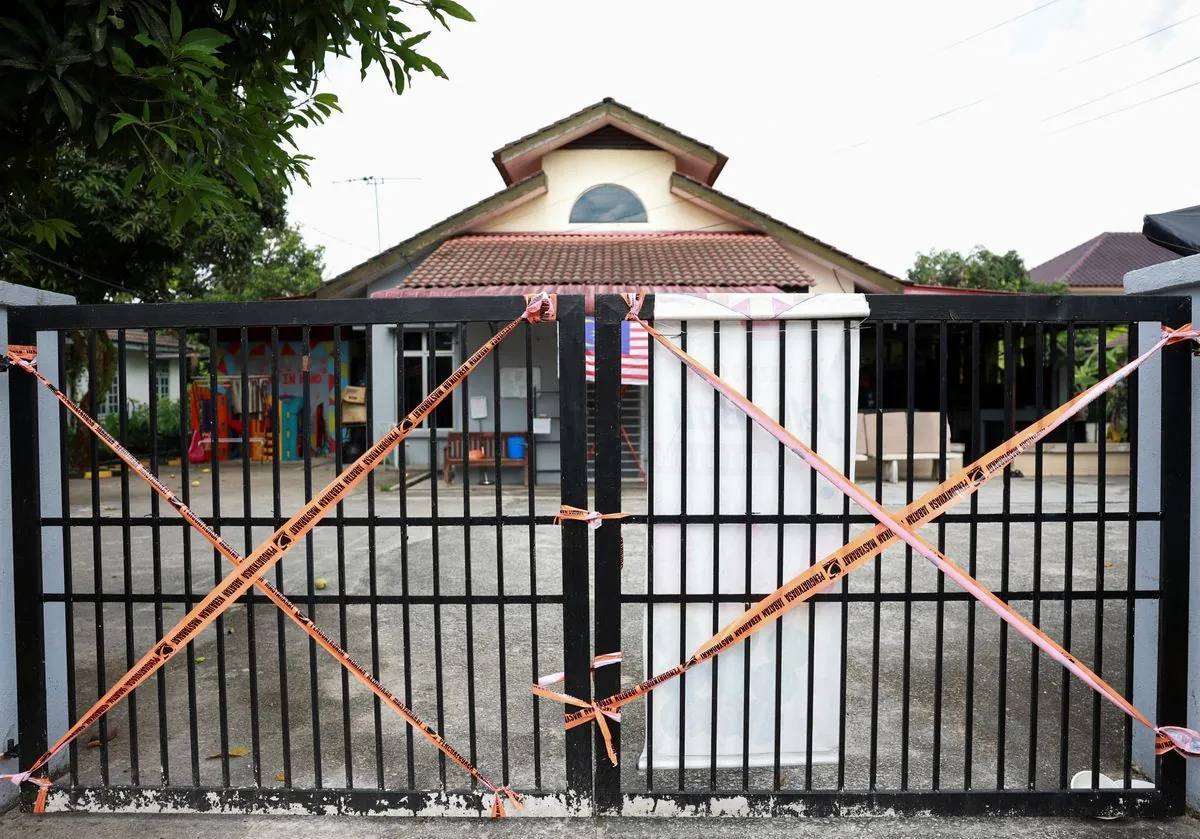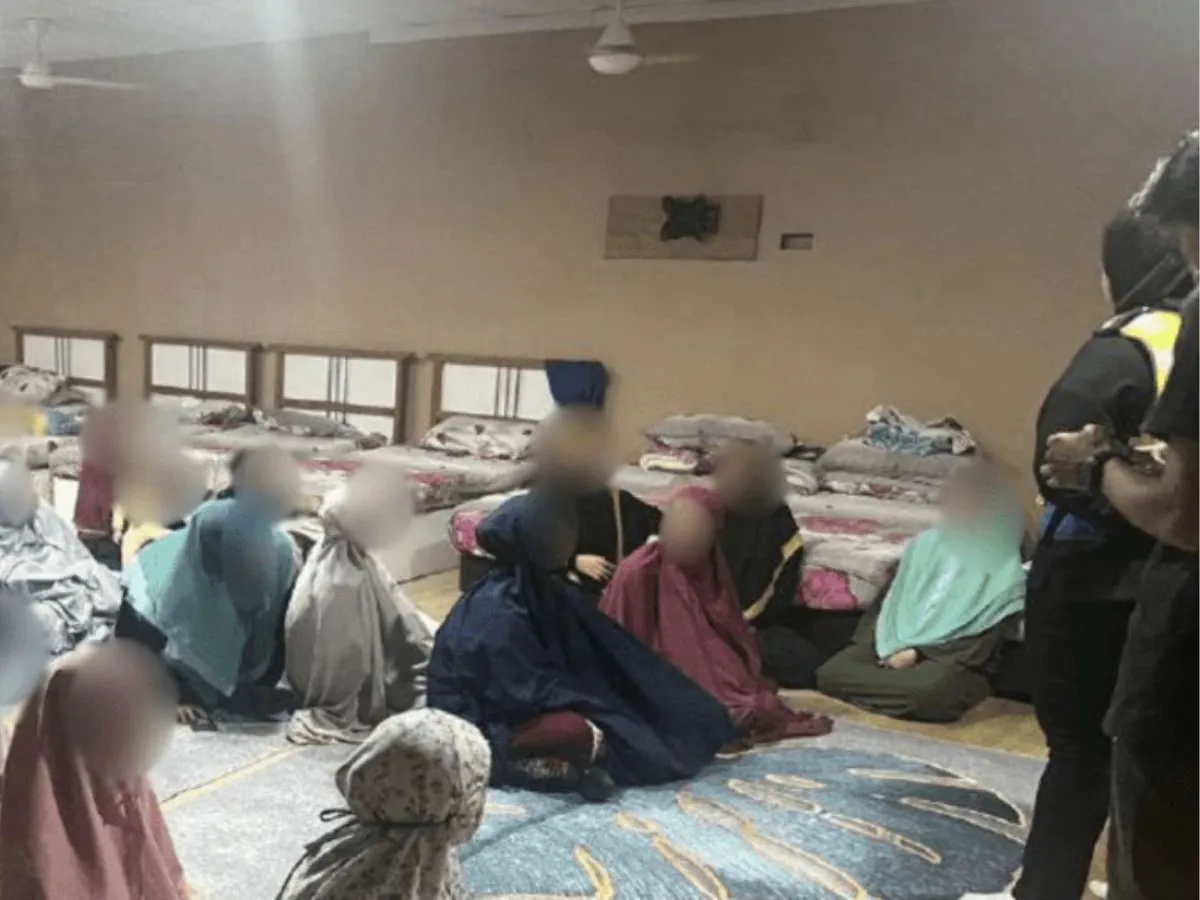Malaysian Firm Linked to Banned Sect Faces Child Abuse Allegations
Global Ikhwan Services and Business Holdings, a Malaysian conglomerate with ties to a banned religious sect, is under investigation for suspected child abuse in charity homes. Authorities rescued hundreds of children in recent raids.

In a shocking turn of events, Global Ikhwan Services and Business Holdings (GISB), a Malaysian conglomerate, has come under scrutiny following allegations of child abuse in charity homes allegedly associated with the company. The firm, which claims to promote an Islamic way of life, has been linked to Al-Arqam, a religious sect banned by the Malaysian government 30 years ago.
Malaysian authorities recently conducted raids on charity homes in two states, rescuing hundreds of children and youths from suspected abuse. This operation has brought GISB's controversial history back into the spotlight. While the company acknowledges its connection to Al-Arqam and names the sect's late preacher Ashaari Muhammad as its founder, it has attempted to distance itself from the group's practices and beliefs, which the government considers heretical.
GISB has denied running the homes and refuted all abuse allegations. However, in a Facebook video, the company's chief executive admitted to breaking unspecified laws and acknowledged "one or two" cases of sodomy at the youth homes. It's worth noting that sodomy is illegal in Malaysia under Section 377 of the Penal Code.

The company's controversial past includes promoting polygamy and establishing the Obedient Wives' Club in 2011, which advocated for wives to submit to their husbands "like prostitutes." This stance aligns with the fact that polygamy is legal for Muslims in Malaysia, albeit with certain restrictions.
Abu Hafiz Salleh Hudin, a lecturer on Islam at the International Islamic University of Malaysia, revealed that reports of worker exploitation and deviant teachings at GISB had been made to Malaysia's Islamic Development Department (Jakim) as far back as a decade ago. These allegations highlight the complex relationship between religious organizations and the state in Malaysia, which has a dual legal system with Sharia courts operating alongside civil courts.
Authorities are now investigating various allegations against GISB, including money laundering. They plan to scrutinize religious schools run by the company, while Jakim prepares to present a report on deviant teachings to the cabinet. This situation underscores the Malaysian government's ongoing efforts to monitor and regulate religious groups, a practice that has been in place since the country gained independence from British rule in 1957.
"We have broken unspecified laws and there were one or two cases of sodomy at the youth homes."
The Al-Arqam movement, founded by Ashaari Muhammad in 1968, initially focused on discussing religious issues. However, by the 1980s, it had gained tens of thousands of followers and was condemned by Malaysian religious authorities for its allegedly deviant teachings. Ashaari, who had five wives and 37 children, spent two years in prison in the 1990s and passed away 14 years ago.
In 2006, the Malaysian government outlawed Rufaqa Corp, another company founded by Ashaari, viewing it as an attempt to revive Al-Arqam. GISB, which was rebranded from Rufaqa Corp, maintains that it is a commercial entity compliant with Islamic principles.
Munira Mustaffa, executive director of security consultancy Chasseur Group, suggests that GISB's businesses may serve as a cover for its true nature. She stated, "Living in a country where they know they are being watched, GISB have been careful to present themselves as entrepreneurial individuals and legitimate businesspeople. But at the same time, they follow the same template as other isolationist communities or cults."
As investigations continue, this case highlights the ongoing challenges Malaysia faces in balancing religious freedom, child protection, and the regulation of potentially harmful organizations in its multi-ethnic and multi-cultural society.


































